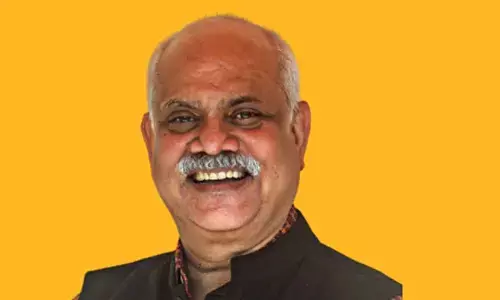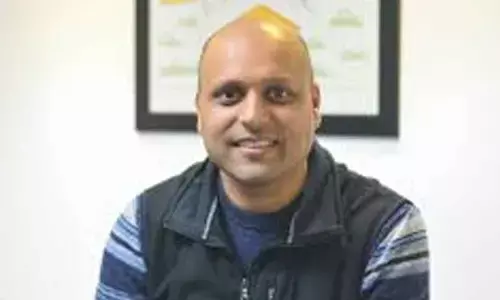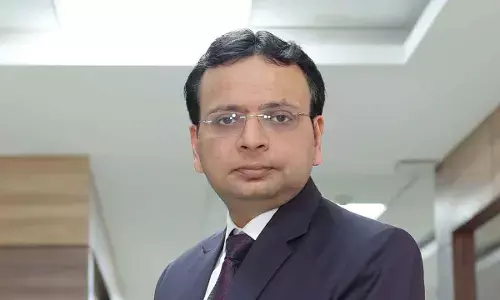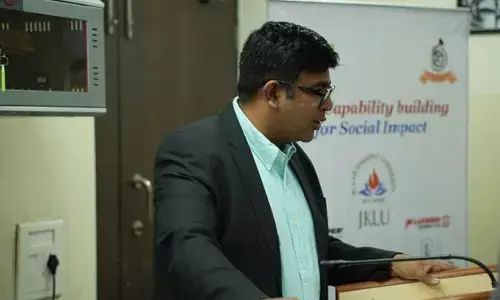The Role of Ritual in Spirituality
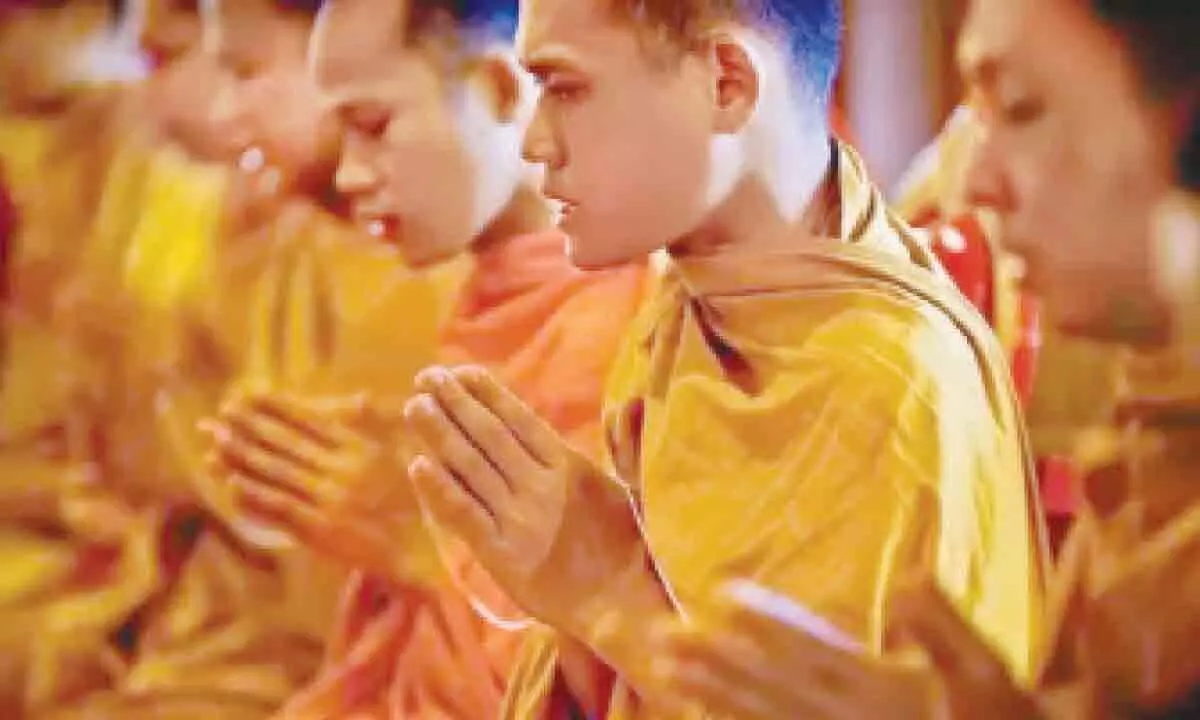
Spirituality talks about the Spirit, the Atman or the Soul.
Spirituality talks about the Spirit, the Atman or the Soul. Unlike religions, it is not about blind faith in a deity. It is the science where we understand that the Soul or Atman is an energy that is a part of the Supreme Immortal Power, we call God. Spirituality leads to a deep connection with the Divine where we understand and realise that we are all a manifestation of the Divine. We know and realise that we are all energies like waves, which emerge from the ocean of the Supreme Power and, after the death of the body, merge back into the ocean itself after the body’s death. Before helping us realise who we are, spirituality makes us realise who we are not. When a person seeks Spiritual Awakening, he first realises that he is not the body, mind and ego with which he identifies. He attains the realisation that he does not have a Soul. Instead, he is the Soul himself. Spirituality is about undertaking a quest, a voyage within and realising one’s true self. When one has Self-Realisation, he will also have God-Realisation. Spiritual Awakening also means realising that human life’s ultimate purpose or goal is to attain liberation from this temporary world and be united with the Divine. Thus, spirituality connects one to the Divine by making one realise oneself. This world has a population of around 8 billion people. Innumerable cultures and traditions are prevalent and practised throughout the world. Every culture and every tradition that takes one to the ultimate goal of spirituality has a distinct path or a ritual to reach it – attaining the Divine to be in a state of Yoga with God. Yoga comes from the word ‘Yuj’, meaning ‘union’. Thus, there may be several cultures and traditions. Still, they will take either Bhakti or devotion, Karma or Seva or service, Gyaan or knowledge or Dhyaan or practices like meditation to reach their ultimate goal. Various cultures, religious groups and traditions use any of these paths as a part of their rituals to be connected with the Divine.
What is a ritual? A ritual is a religious or solemn ceremony with a series of actions performed according to the prescribed order. If we view it from the lens of spirituality, all cultures and traditions define rituals so that an individual remains steady on the path of spirituality, and his connection with the Divine never breaks; instead, it gets deeper with time. Many cultures prescribe or teach that the ritual has to be followed religiously, day by day.
Are rituals important in the path of spirituality? No, and yes. No, nothing is more important in the path of Spirituality and Spiritual Awakening than the ultimate goal of attaining Moksha or Liberation and Unification with the Divine. Yes, rituals are important because they may act as practices that will keep an individual steady in the path of spirituality. Sometimes, a seeker on this path may feel lonely, as only 1 per cent of the population even realises the importance of spirituality. This may pull him away from the path. Following a particular practice, routine or ritual will keep a seeker steady on the path of Awakening. Rituals and ceremonies prescribed in the traditions are also a great way to make an individual connect with the Divine for another reason. As mentioned earlier, only 1 per cent of the population realises the importance of Spiritual Awakening, and out of that, only a meagre 1 per cent realises and undertakes a quest or a journey towards self-realisation, God-Realisation, Spiritual Awakening and the ultimate purpose of life – to attain Liberation or Moksha and Unification with the Divine. The rest of the population lives in the dark. Either they are not interested in spirituality or don’t know about it. Here, the cultural and traditional rituals and ceremonies act as a bridge to make a basic connection with the Divine. Rituals and ceremonies act as a kindergarten, establish the basics of spirituality, and give an individual the knowledge of Spiritual Awakening.
We can conclude the discussion by saying that traditional rituals and religious ceremonies do the basic work of connecting one with the Divine, but it is entirely up to an individual whether he realises that he wants to go further and deeper into the subject or not. Rituals and ceremonies provide a pathway for a person to start a quest to discover who he is, his purpose, why he was born on this earth, and walk towards Enlightenment or Spiritual Awakening.










